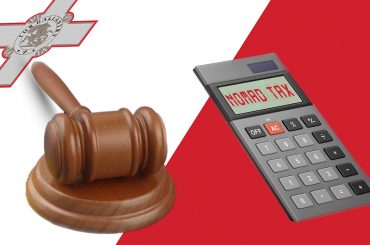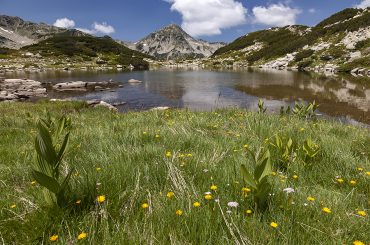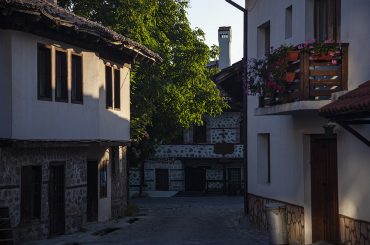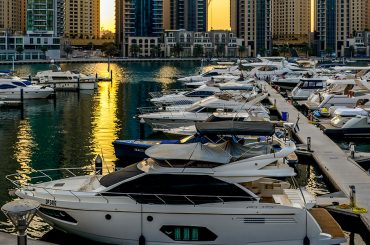Malta has granted permanent residency to 7,576 wealthy non-EU citizens between 2016 and 2021, in return for applicant’s purchase or renting of property and payment to government of tens of thousands, but there has been no news about this in Malta.
While the Maltese government hailed the success of the digital nomad residence scheme in a press conference on 19 January, boasting of 180 applications received by that point, there has been no publicity of the Permanent Residence Programme within Malta despite its greater success.
At 7,576, the number granted permanent residence is greater than the population of either Valletta or Rabat (Gozo). At its peak, in 2020, Malta granted the second largest number of golden visas, or investor residency permits, in the EU despite being the EU's smallest country.
And while Residency Malta made no mention of the permanent residence programme in the press conference put up for the Maltese press on 19 January, which focused solely on the digital nomad residency scheme, it released the figures of permanent residents at the same time to a specialized website, called Investment Migration Insider.
Investment Migration Insider – with its slogan being “the investment migration knowledge platform” – published an article on the same day, on 19 January, in which it boasted that Residency Malta had shared with it statistics “exclusively.”

In its article, Investment Migration Insider reported that there had been 2,273 approvals of main applicants as well as 5,303 of their family members (successful applicants can get residence for “four generations”), and that the number of approvals peaked in 2020 and dipped in 2021 (presumably due to COVID). It also quoted Charles Mizzi, CEO of the government’s Malta Residency Agency, saying that interest has grown in the latter half of 2021, and the he expected applications to reach new peaks in the near future.
The statistics published show that eighty-seven percent of the grantees are Chinese nationals, with Vietnamese and Russians ranking at second and third consecutively.

Here are the eligibility criteria for the Permanent Residence Programme:
- Possession of capital assets of at least €500,000 – €150,000 of which has to be in “financial assets” (this has to be proven every year in the first 5 years of residence)
- Purchase property worth at least €300,000 in Malta’s south or in Gozo, or €350,000 elsewhere – or rent a property at annual price of €10,000 in south or Gozo, or €12,000 elsewhere
- If property purchased, pay “government contribution” of €28,000; this rises to €58,000 if property is rented
- Give a donation of €2,000 to an NGO
- Get a health insurance
- Pay an application fee of €40,000 for main applicant (and €7,500 for any dependents – main applicant can bring in his and his spouse’s parents and grandparents, amounting to “four generations”).
Successful applicants then get permanent residency, which has to be renewed every five years. Permanent residency-holders can apply for citizenship after 5 years, with approval subject to criteria including having resided in Malta for a major part of the previous 5 years.
There is no requirement to actually live in Malta once granted permanent residency. As for tax, the guide published by Residency Malta says that “the statutory tax applies, and it is recommended that the advice of a tax consultant be sought.”
A tax advisor consulted by this website said that residence-holders would have pay at least some tax if they are “ordinarily resident” and remit money to Malta. A fuller appraisal would have to take into account the questions of – or interactions between – domicile and ordinary resident, where income is raised and in what form, and what income is remitted to Malta.
This is the third article in a series of four articles about Malta’s golden passports and golden visas. The first instalment delved into the EU’s legal action against Malta’s citizenship investor scheme (golden passports) and the second investigated the potential for tax avoidance by digital nomad residence holders. The next article will compare all of Malta’s residence schemes, and report on the warnings of the EU and OECD, and the drive by the EU to set minimum standards.





